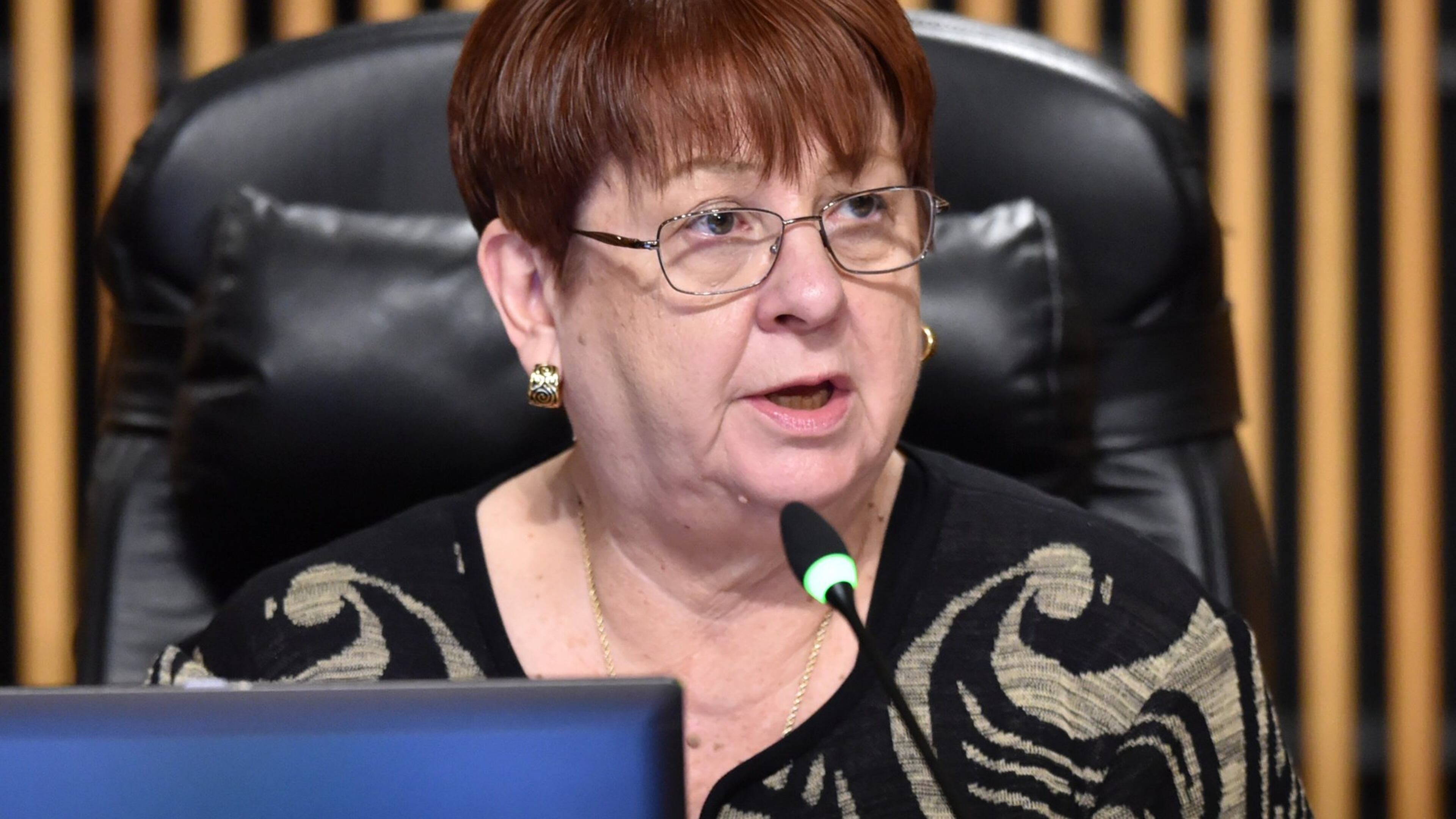Gwinnett asks for more time to negotiate service delivery with cities

The current service delivery agreement between Gwinnett County and its 16 cities expires on Halloween.
And while a new agreement is unlikely to be finalized by then, officials said there's no reason to be spooked — there's no whiff of the drama (or litigation) that came with negotiations of yesteryear.
The Gwinnett County Board of Commissioners voted Tuesday night to ask the state for more time to negotiate the new service delivery strategy, or SDS, which lays out how each of the local governments charge taxpayers for things like police, fire service and road maintenance.
The vote served as a confession that there are still some unresolved issues. But Commission Chairman Charlotte Nash said the county and cities are close to an agreement.
She and other officials stressed that there are no major concerns about getting a deal done.
“The cities and the county have made excellent progress toward finalizing the new agreement, thanks in large part to the good relationships we have developed with each other,” Nash said.
Those relationships were less amiable the last time around.
In the late 2000s, SDS negotiations in Gwinnett devolved into a protracted legal battle. Cities argued that their residents were being treated unfairly because the county was taxing them for services that didn’t benefit them directly or were already being provided by their municipal governments.
Ramifications of the years-long dispute were wide-ranging. Because of the failed negotiations, county and municipal police departments lost their permits to use laser and radar speed detection devices — reducing traffic-ticket revenues and giving many irresponsible drivers a free pass.
The issues weren’t resolved until 2012, after a judge ruled that Gwinnett couldn’t charge city residents for services that primarily benefit those who live in unincorporated areas. Several “special service districts” were created, with corresponding guidelines for how to tax residents.
Those districts remain in place, and sweeping changes seem unlikely with the new agreement. Whenever it’s reached.
“Just needed a bit more time to dot the i’s and cross the t’s,” Lawrenceville City Manager Chuck Warbington said. “Nothing like last time around.”


